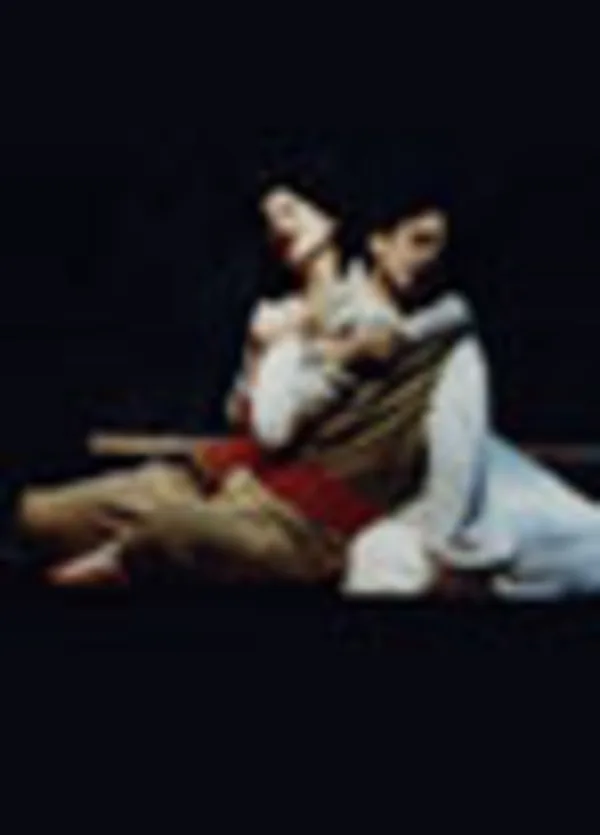About
I love teaching. Many people do not realize that vocal technique is as necessary to good singing as violin or piano technique is to playing the instrument. Having studied various techniques (and in singing there are many), I can say that the technique I learned from international basso Dimitri Kavrakos has served me and my students the best, in that it is healthy and efficient.
Singing freely enhances students' enjoyment.
I also teach theory, as singers should understand music.
Photos and videos

Reviews
AMATEURS, K.
STEPHAN H.
JEFFERY M.
KELLY M.
CEO E.
NANCY S.
Frequently asked questions
What is your typical process for working with a new student?
The first lesson requires more explanation than future lessons, as the student needs to learn body parts like soft palate (and how to raise it), diaphraghm, jaw, tongue...
We do breathing exercises, and then move to vocal exercises. As the student is more adept at technique, we spend the first half of the lesson on exercises, in in the second half-hour, apply the technical knowledge to whatever songs the student is working on.
more reviews at www.GreenwichVoiceStudio.com
What education and/or training do you have that relates to your work?
New England Conservatory of Music, Bachelor of Music. University of Rhode Island, Master of Music.
Much experience on the stages of Carnegie Hall, Avery Fisher Hall (Lincoln Center); Tosca in NYC's Central Park. Studies with a number of renowned teachers; Dimitri Kavrakos, international basso who was at the Met for 34 years.
Do you have a standard pricing system for your lessons? If so, please share the details here.
$75/hour. $40/half hour. Group lessons also available.
https://www.youtube.com/watch?v=F-YszrcYgJg Bach
https://www.youtube.com/watch?v=1IyvenHrWuc Tosca
https://www.youtube.com/watch?v=jVnf0jZM-8w Norma
How did you get started teaching?
I was hired to teach at Assumption College by a conductor with whom I had sung a concert. She was impressed with my singing, so hired me to teach at her college.
What types of students have you worked with?
I have taught students ranging from the very gifted (one has a highly successful opera career in Germany) to the very challenged who couldn't match pitch at first, but he persevered and became a soloist at his school's performances! Ages have ranged from 8 to 80. The important thing is that a student feels his/her voice is freer, that the range is expanding. My rock students have prevented largyngitis.
Describe a recent event you are fond of.
A student whose intention was to improve so that she could more enjoy singing in the church choir was after a few months of study asked by the choir director to sing a solo, as he noticed her improvement.
While at William Paterson University, my student who was a piano major but required to take 4 semesters of voice lessons beat out ALL the voice majors to be chosen as the BACH soloist of a very challenging piece.
What advice would you give a student looking to hire a teacher in your area of expertise?
Singing is based on a technique as much as an instrument like violin or piano. Many have gotten the idea that it is about having a voice and then just expressing a lot of emotion. (I am amazed at how many Facebook ads I see for 'singing lessons' where the singers neck and face are in odd positions.)
What questions should students think through before talking to teachers about their needs?
A beginner should never think that it is ok to go to a 'beginner' level teacher, and then 'advance' later to an 'advanced' teacher. A little knowledge is a dangerous thing, and any time spent with a teacher who doesn't have an excellent technique (have you heard this teacher SING?? Has this teacher ever sung on important stages??) is wasted time and money.